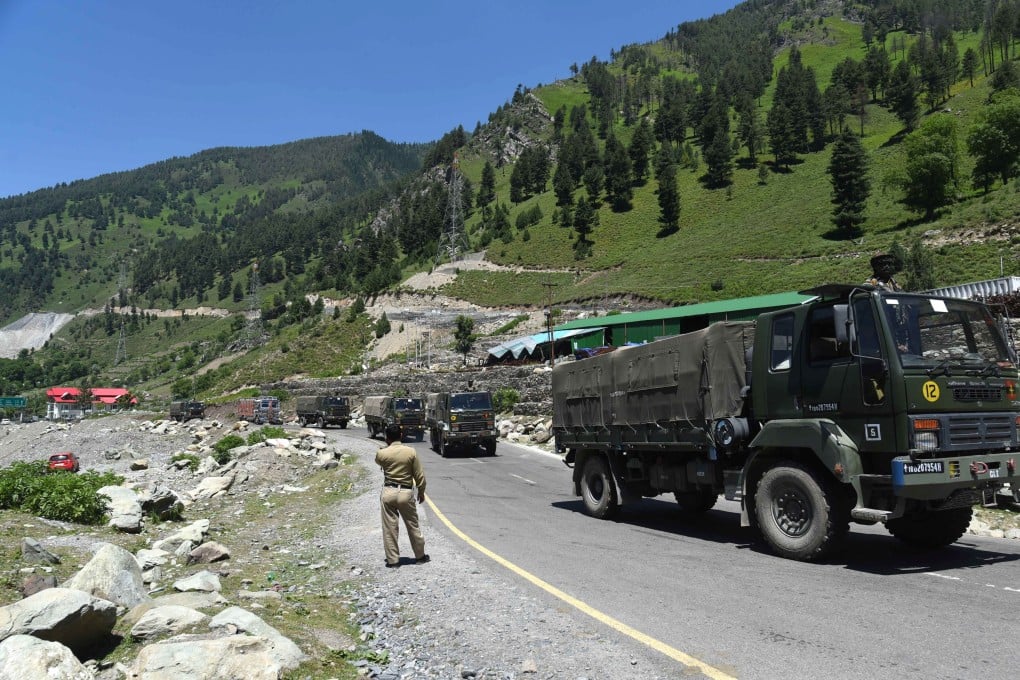Advertisement
Why Pakistan is a big factor in China’s border clashes with India
- The conflict in the Galwan Valley may be hundreds of kilometres from Pakistan but strategic concerns involving Islamabad are not far away
- For Beijing, the interests at stake are much more than a territorial dividing line in the Himalayas
Reading Time:3 minutes
Why you can trust SCMP

When Indian and Chinese troops started throwing rocks at each other in a fatal skirmish in the Galwan Valley earlier this month, the incident appeared to be yet another outbreak in hostilities over an ill-defined Himalayan border between the two countries.
Tensions between China and India over the border go back decades and erupted into war in 1962.
But observers say that this time the main driver of the conflict was not the line dividing the two players but wider strategic interests involving a third country – China’s “iron brother” Pakistan.
The latest border dispute between the two Asian giants took place just a few hundred kilometres from the Line of Control that separates Pakistan-administered territories Azad Kashmir and Gilgit-Baltistan from Indian-administered territories Jammu and Kashmir and Ladakh, all of which are part of the larger region known as “Kashmir”.
Advertisement
Both sides have claimed Kashmir as their own since the Partition in 1947 that split British-ruled India into Pakistan and India.
But in August last year, the Indian government revoked Article 370 of the constitution that granted Jammu and Kashmir significant autonomy, placing it under the direct rule of New Delhi. The move was to assert Indian control over Indian-administered Kashmir, an area that Pakistan claims India occupies unlawfully. The revocation prompted swift condemnation from Islamabad, which has supported separatist calls in the area.

05:27
The Kashmir conflict
The Kashmir conflict
The term “Kashmir” also historically refers to an area known as Aksai Chin, part of China’s Xinjiang and Tibet autonomous provinces.
Advertisement
Advertisement
Select Voice
Choose your listening speed
Get through articles 2x faster
1.25x
250 WPM
Slow
Average
Fast
1.25x